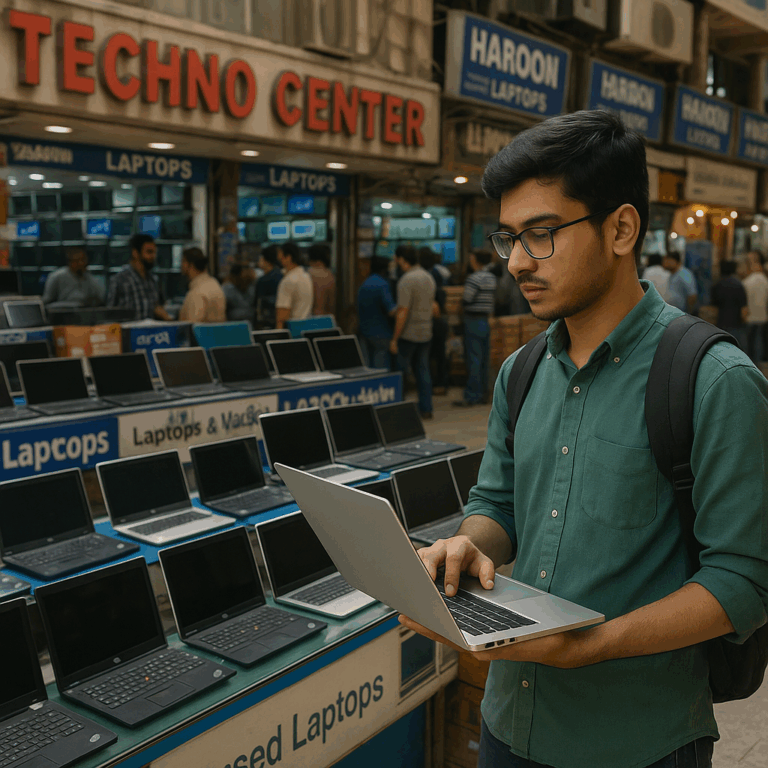Date: May 26, 2025
Location: Karachi, Pakistan
Karachi, AL-Badar Secondary Branch – A disturbing incident took place recently at AL-Badar Secondary Branch, located near Islamia College in Karachi, where a high-ranking police officer allegedly forced his way into the school premises following a complaint made against a Qaida teacher. The incident has raised significant concerns over the school’s security policies and the actions of the Sindh Police.
The situation escalated when the teacher, who is responsible for teaching Qaida to young students, allegedly stood for several hours as a form of punishment imposed by the school. The claim has yet to be confirmed, but it was enough to trigger an intervention by the teacher’s relative, identified as the local Station House Officer (S.H.O) from the Sindh Police in Karachi.
The S.H.O. reportedly entered the school premises without authorization and proceeded to the principal’s office where he slapped the teacher, demanding an explanation. What makes this incident even more controversial is the fact that male personnel are not permitted to enter the school grounds, as per both the Islamic law and the school’s internal policies. The school, which is a girls’ institution, has strict regulations on male visitors, with entry usually prohibited unless in exceptional circumstances.
According to witnesses, the S.H.O. disregarded these rules, citing the complaint of his niece and his own authority as justifications for his actions. This has led to questions about the lack of accountability and transparency regarding the school’s visitor protocols, as well as the role of law enforcement in civilian matters.
The Allegation
The initial complaint came from the S.H.O.’s niece, who alleged that the Qaida teacher had subjected her to prolonged standing as a form of punishment. However, no official confirmation has been made by the school or any independent investigation confirming these claims. The school administration has yet to release a statement on the matter.
Despite this, the S.H.O. arrived at the school, seemingly without proper authorization, to confront the teacher and demand an explanation. Witnesses reported a heated exchange between the officer and the teacher in front of the principal, after which the teacher was reportedly slapped in what many are calling an excessive abuse of power.
The Policy Debate
One of the most pressing issues arising from this incident is the question of how the police officer was able to enter a restricted area of the school. As per the Islamic law and the internal policy of AL-Badar Secondary Branch, male visitors are not allowed unless granted special permission. In fact, the policy was implemented to ensure the safety and well-being of the female students, making the officer’s entry a serious breach of both school rules and local law.
The incident has sparked debates on the level of influence law enforcement personnel may exert over private institutions, particularly in cases where family connections are involved. It has also raised concerns about the safety and autonomy of educational institutions in Karachi and whether these types of events could undermine the integrity of the school’s policies.
Public Reaction and Aftermath
The incident has sent shockwaves through the local community. Several parents have expressed their outrage over the police officer’s conduct, with many calling for a formal investigation into his actions. In the days following the event, social media platforms have been flooded with discussions, with many questioning the ethics and legality of the officer’s actions.
Experts are also weighing in on the broader implications this incident may have for other educational institutions in Karachi. Legal analysts argue that such incidents could lead to a reevaluation of the power dynamics between local law enforcement and private schools, especially when it involves enforcing personal grievances.
Looking Ahead
In light of the controversy surrounding this incident, the Ministry of Education, along with local authorities, is expected to issue a formal review of the situation. Calls for an inquiry into the actions of the police officer and the school’s handling of the situation are gaining momentum.
While the school has yet to make an official statement, sources suggest that it is cooperating with authorities to clarify the events that unfolded. In the meantime, the teacher who was allegedly assaulted is reportedly seeking legal advice and may press charges against the officer involved.
As investigations continue, questions remain about the responsibilities of law enforcement in such scenarios and whether further measures should be taken to protect educational institutions from undue interference. This incident serves as a reminder of the delicate balance between authority and educational autonomy and the need for strict adherence to both legal and institutional protocols.
Conclusion
This case has raised critical questions about the intersection of law enforcement and educational policy in Karachi, and the actions of the local S.H.O. have brought attention to the necessity of ensuring that the autonomy of private schools is respected. As the story continues to develop, it will be important to follow the steps taken to hold the responsible parties accountable and to prevent similar incidents from occurring in the future.












